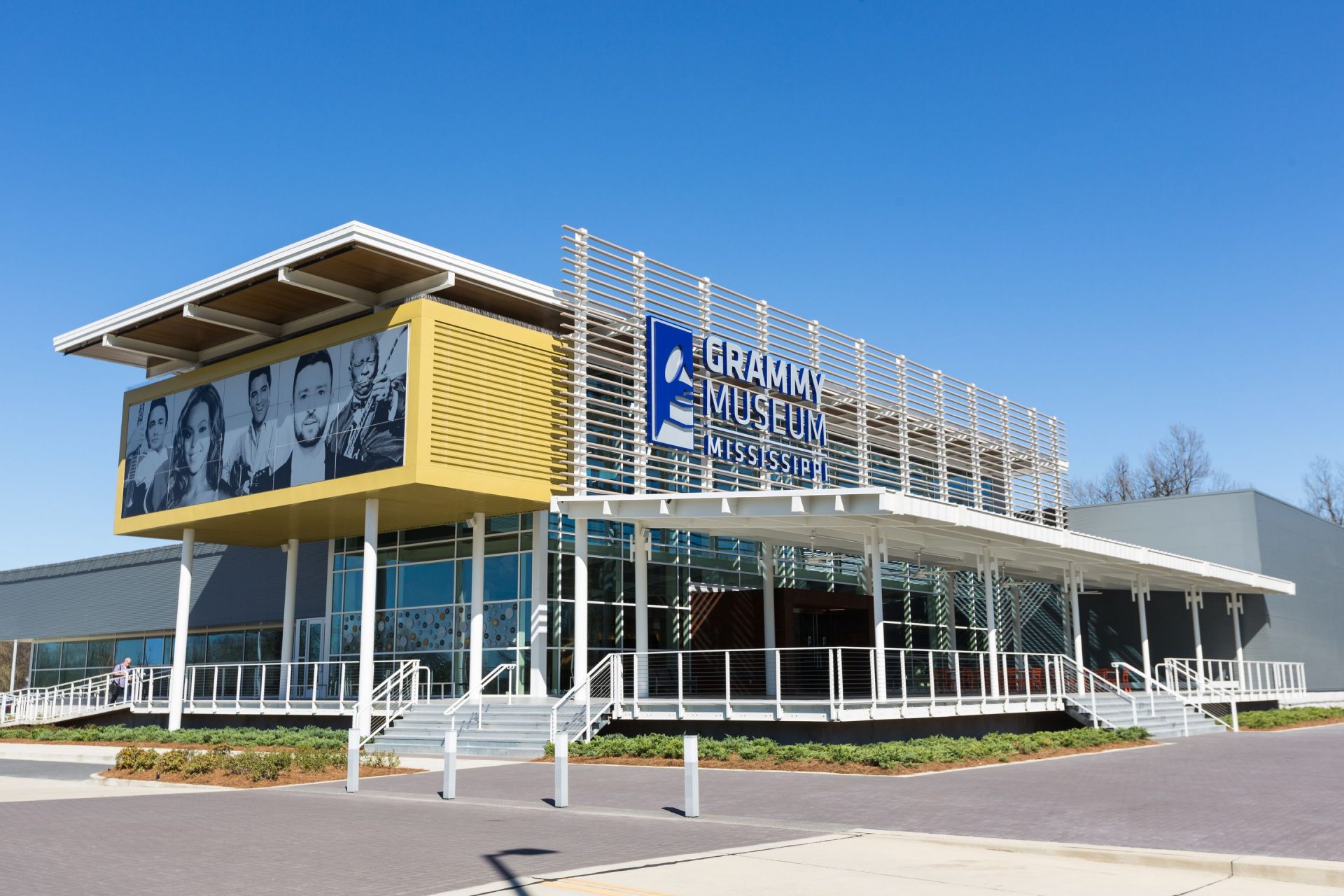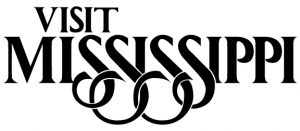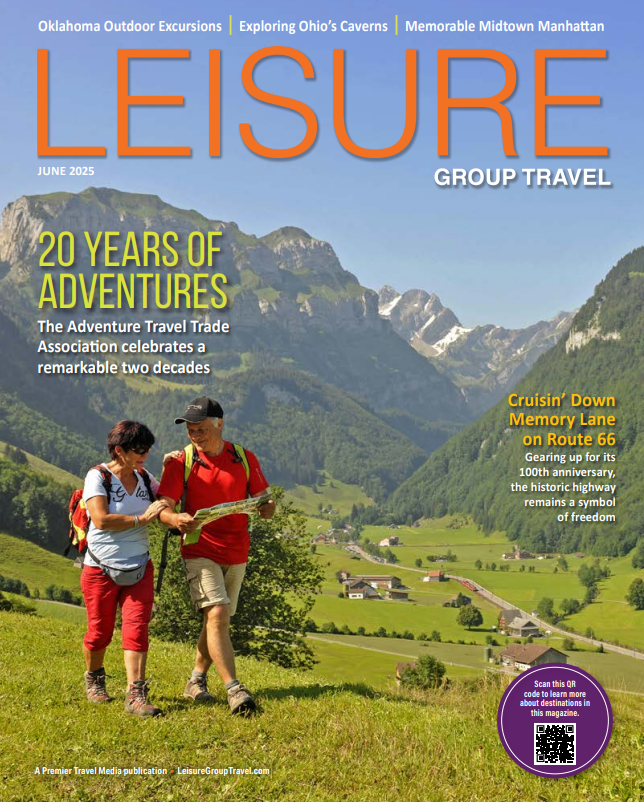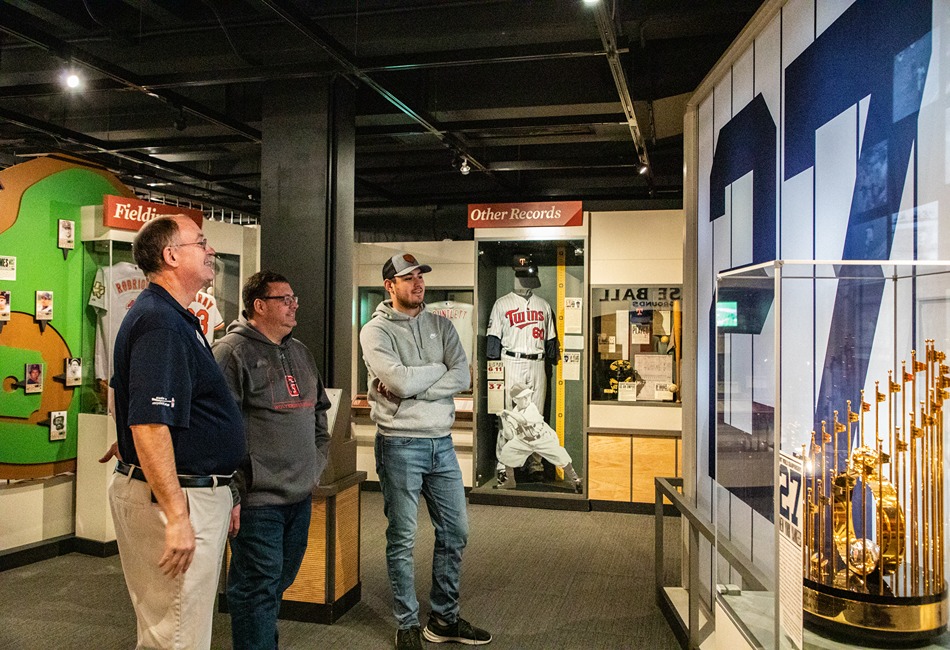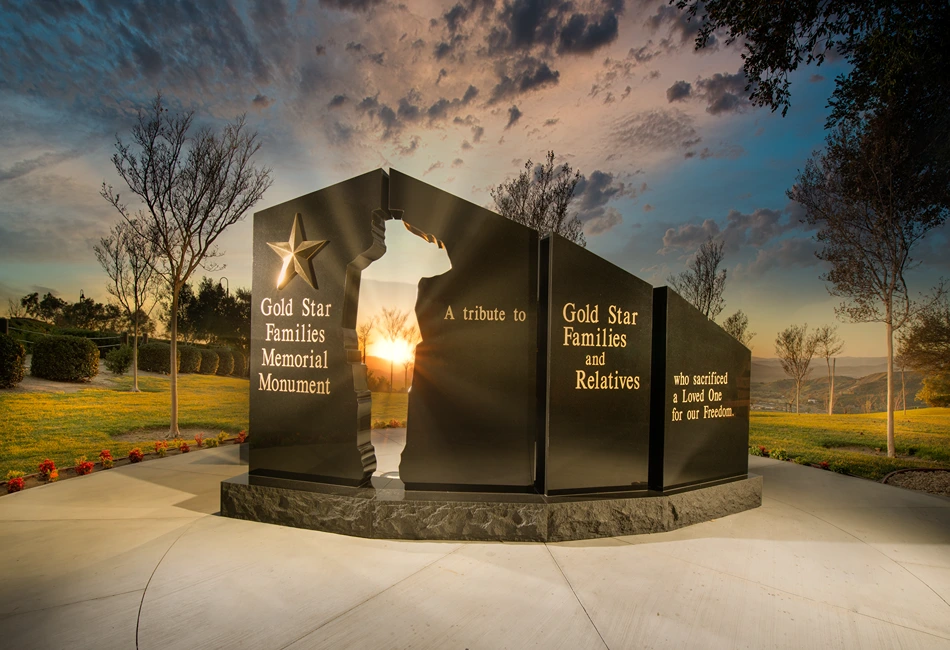MISSISSIPPI DELTA REGION ITINERARY AT A GLANCE
Throughout the Mississippi Delta Region, museums, juke joints, iconic locations pivotal to the creation of the blues and so much more tell stories of the state’s considerable contributions to America’s musical history. More than 200 markers along the Mississippi Blues Trail guide music fans in the footsteps of legends like B.B. King and Muddy Waters. Large casino resorts offer world-class live entertainment, and charming small towns offer picturesque Mississippi River backdrops for more a relaxed vibe. While in the Delta, be sure to also check out a tribute to native Mississippian Jim Henson, creator of the Muppets and one very famous frog.
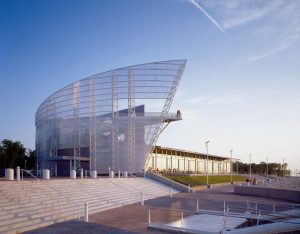
At the Tunica RiverPark & Museum, explore the rich history of the Mississippi Delta Region and savor breathtaking views on a Mighty Mississippi riverboat cruise.
Enjoy These Great Mississippi Delta Region Attractions and More:
- Gateway to the Blues Museum and Visitor Center
- Tunica RiverPark & Museum
- Delta Blues Museum
- Cat Head Delta Blues & Folk Art, Inc.
- River Road Queen Welcome Center & Museum of the Delta
- Mississippi Blues Trail
Get More Mississippi Delta Region Travel Info and Subscribe for FREE
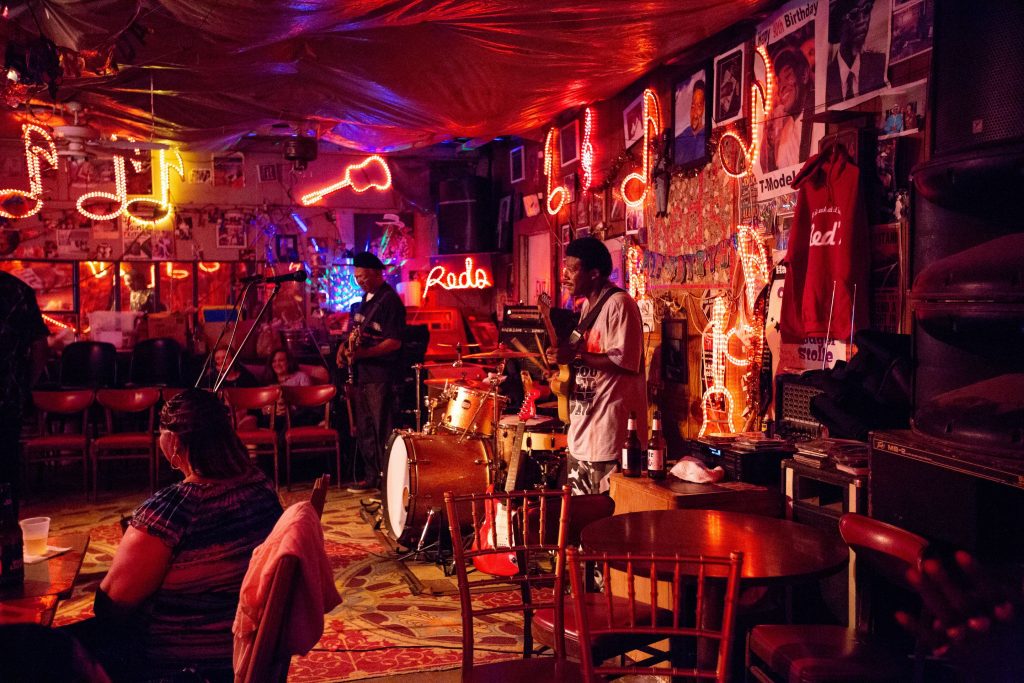
Enjoy a true Mississippi Delta blues experience by attending a live performance at Red’s Blues Club in Clarksdale.
MISSISSIPPI DELTA REGION DAY-TO-DAY ITINERARY
DAY 1:
Arrive in Tunica and begin your visit at the Gateway to the Blues Museum and Visitor Center. Housed in an original 1895 train depot, it provides an interesting view of Mississippi’s rich musical history. A stop at the Tunica RiverPark & Museum provides visitors an insight and understanding of the Mississippi Delta Region’s rich history and relationship with the Mississippi River. Be sure to take time to view the aquarium.
Check into any of the nearly ten casino hotels and relax before an evening that begins with a great meal, followed by fun table games, slots and live entertainment. If gaming is not your style, there are a half dozen group-friendly hotels in the Tunica area.
DAY 2:
Depart for Clarksdale after breakfast and checkout. Just outside Clarksdale is the former Stovall Plantation, now Stovall Farms. It was here where legendary blues artist Muddy Waters lived. The actual house has been moved to the nearby Delta Blues Museum. It was there that Muddy Waters (born McKinley Morganfield) recorded his first music, honoring the Mississippi River and spurring his performing name, Muddy Waters. The next stop is the Delta Blues Museum in Clarksdale. This is Mississippi’s oldest music museum where visitors can explore the history and heritage of the blues, a unique American musical art form.
Clarksdale is where many believe the blues was born. Legend has it that one midnight evening, guitarist Robert Johnson sold his soul to the Devil at the crossroads of Highways 61 and 49 in exchange for mastery of the guitar. After visiting The Crossroads, grab some lunch and get in some shopping before gathering at Cat Head Delta Blues & Folk Art, Inc. There’s a story to the “Cat Head” name. Take time to browse Hambone Art & Music, owned and operated by artist and blues musician Stan Street.
Finally, check into group-friendly accommodations ranging from flag hotels and resorts with gaming and entertainment to locally owned B&Bs. Dinner tonight is at Ground Zero Blues Club, co-owned by actor Morgan Freeman and named one of the Top 100 Bars and Nightclubs in America. Enjoy a menu of Mississippi favorites and live Mississippi blues. Finish the evening at Red’s Blues Club, a truly authentic juke joint in the heart of the land that helped shape music as we know it today.
DAY 3:
Depart for Cleveland after breakfast and checkout. The first stop is Dockery Farms, a former 25,000-acre cotton farm. Some say the blues began here with bluesman Charley Patton, father of the Delta blues, teacher and influencer. The next stop is the state-of-the-art GRAMMY Museum® Mississippi, the only other GRAMMY Museum outside of Los Angeles. The must-visit, the interactive museum explores all genres of music, as well as the story of the GRAMMY award and its winning artists.
A busy morning continues in Greenville with a stop at the River Road Queen Welcome Center & Museum of the Delta. This Mississippi Welcome Center and museum, which resembles a Victorian riverboat, is home to Delta exhibits, including one dedicated to Kermit the Frog, the famous Muppet created by Greenville native Jim Henson. Enjoy lunch at your choice of more than a dozen locally owned restaurants. If you haven’t tried a Mississippi tamale, Hot Tamale Heaven and Grille serves up a famous one.
Continue to Indianola and a pay visit to the B.B. King Museum and Delta Interpretive Center. The legendary blues musician’s story is shared along with the cultural heritage of the Mississippi Delta Region. Jump on Highway 82 to and head to Greenwood, home to eight markers on the Mississippi Blues Trail, as well as a quaint downtown area. Greenwood also is located near several milestone locations integral to the Civil Rights Movement, including Money Road, where the brutal murder of teenager Emmett Till in 1955 shocked the nation and helped fuel the emerging civil rights movement. Take the history and beat of the blues home with you or continue your Mississippi adventure to the Capital/River Region.
Mississippi Delta Region still has plenty more for travel groups to experience, so be sure to Subscribe to Leisure Group Travel for FREE and get even more travel ideas and tips
Visit Mississippi
Karen Gates Matlock, CPM, TMP
P.O. Box 849
Jackson, MS. 39205
601-359-3528

